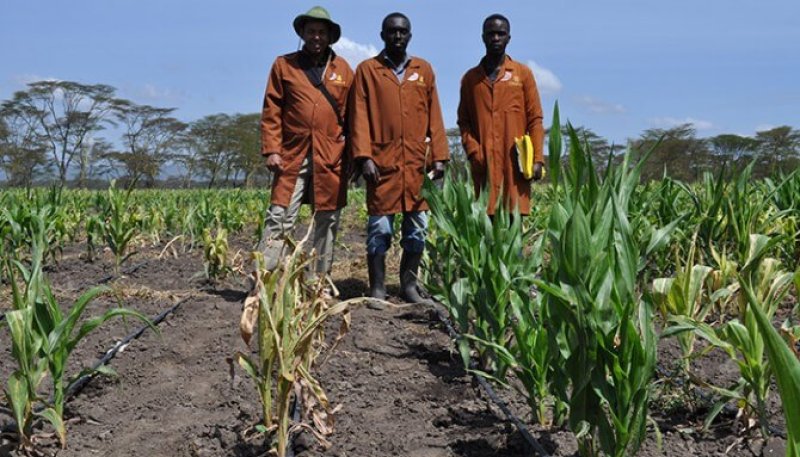The Genomic Open-source Breeding Informatics Initiative (GOBII), a global project funded by an $18.5 million grant from the Bill and Melinda Gates Foundation, is helping bridge the gap [between crop breeders and the growing populations they feed in developing countries]. The project – a partnership between an Ithaca-based hub of researchers at The Institute of Biotechnology, Cornell and the Boyce Thompson Institute (BTI) and other hubs in agricultural research centers in Mexico, India and Philippines – is making state-of-the-art genomic breeding techniques available to everyone. In May, GOBII released its first products, which include a data management system to organize and access huge amounts of genomic information, and user interface tools for efficient breeding.
“The purpose of the project is to help transform breeding programs in the developing world by implementing the most current methods being used by all major ag-tech companies around the world,” said Liz Jones, GOBII director. “
…
Genomic selection allows breeders to examine the DNA of plants to shave years off the breeding process. Instead of trial and error and planting thousands of offspring, they can efficiently sequence the DNA in each offspring and see whether it contains the genes they want. In addition, the cost of sequencing genomes has dropped significantly; it’s cheaper, faster and more effective than traditional methods.
The GLP aggregated and excerpted this article to reflect the diversity of news, opinion and analysis. Read full, original post: New initiative bridges plant breeding digital divide































